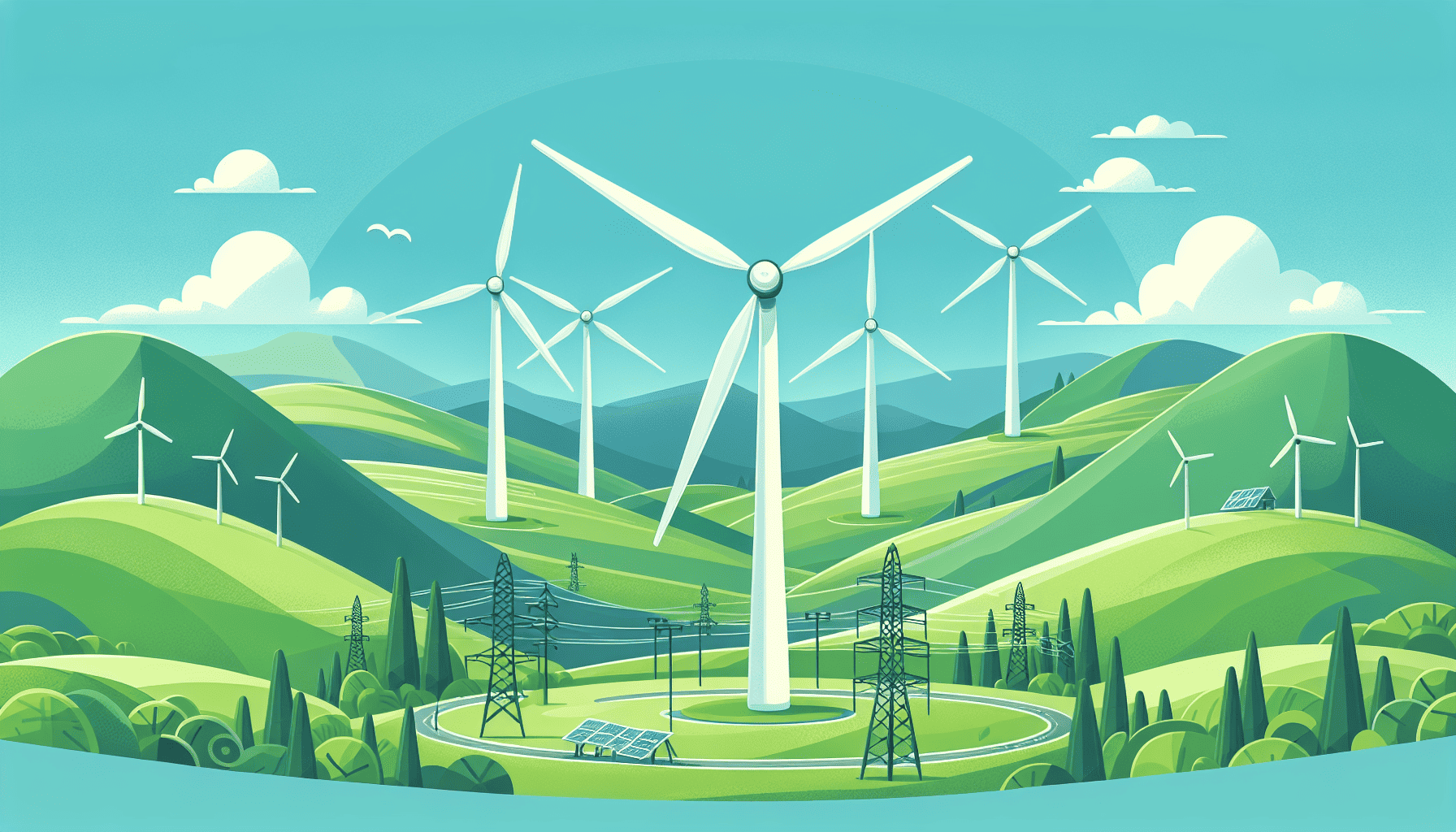As the world grapples with the pressing challenges of climate change and dwindling fossil fuel reserves, renewable energy sources have emerged as a beacon of hope for a sustainable future. The transition from traditional energy generation methods to renewable solutions is not just gaining momentum; it is transforming the global energy landscape entirely. Solar, wind, and other sustainable options are no longer niche alternatives but pivotal players in the quest for sustainable development.
Solar energy stands at the forefront of this energy revolution. Thanks to technological advancements and significant cost reductions, solar panels have become more efficient and affordable, making them a desirable choice for individuals and industries alike. Countries with abundant sunlight are harnessing this resource with expanding solar farms, contributing significantly to their energy mix. Notably, the decentralization of power through rooftop solar installations empowers individuals to generate their own electricity, often producing surplus energy to feed back into the grid.
Wind power, too, has seen remarkable growth, particularly over the past decade. With improvements in turbine technology and better siting strategies, wind farms are now capable of producing energy efficiently even in less windy regions. Offshore wind projects have opened new avenues for harnessing wind energy, tapping into the vast resources available over oceans and seas, where winds are stronger and more consistent. This shift not only reduces air pollution but also creates jobs and stimulates local economies.
Other renewable energy sources, like hydroelectric, biomass, and geothermal energy, contribute to this sustainable shift, each offering unique benefits that address different regional and environmental needs. Hydroelectric power continues to be the largest source of renewable electricity worldwide, its reliable generation making it a critical part of the transition. Biomass, with its potential to convert organic waste into energy, helps in waste management while providing renewable energy. Geothermal energy offers a stable and consistent power supply by tapping into the Earth's internal heat, making it an attractive option for regions with geothermal activity.
The rise of these renewable energy sources is not just about reducing greenhouse gas emissions and combating climate change. It represents a strategic move towards energy security and independence. As countries reduce their reliance on imported fossil fuels, they gain autonomy over their energy systems, shielding themselves from geopolitical tensions and fluctuating global oil prices.
Investment in renewable energy is also driving innovation and competition, resulting in improved technologies and processes that will continue to make renewables more viable and efficient. Governments across the globe are implementing policies and incentives to support this transition, recognizing the multifaceted benefits of renewable energy, which include environmental sustainability, economic growth, and community development.
Moreover, the integration of renewable energy sources into existing energy infrastructures poses challenges but also encourages the development of smarter, more resilient grids. Energy storage solutions, like advanced battery technologies, are becoming crucial in managing the fluctuating nature of renewable energy supply. These innovations not only enhance the reliability and flexibility of renewable power systems but also pave the way for a future where renewables can meet energy demands regardless of weather conditions or time of day.
In conclusion, the surging importance of renewable energy sources in the global energy market is undeniable. Solar, wind, and other renewables are not just supplements to traditional energy sources; they are the foundation of a sustainable future, driving the transition to a cleaner, more resilient, and economically vibrant world. As technology continues to advance and investment grows, the potential for renewable energy to transform the global energy landscape is poised for remarkable expansion, redefining how we generate, distribute, and consume energy for generations to come.
